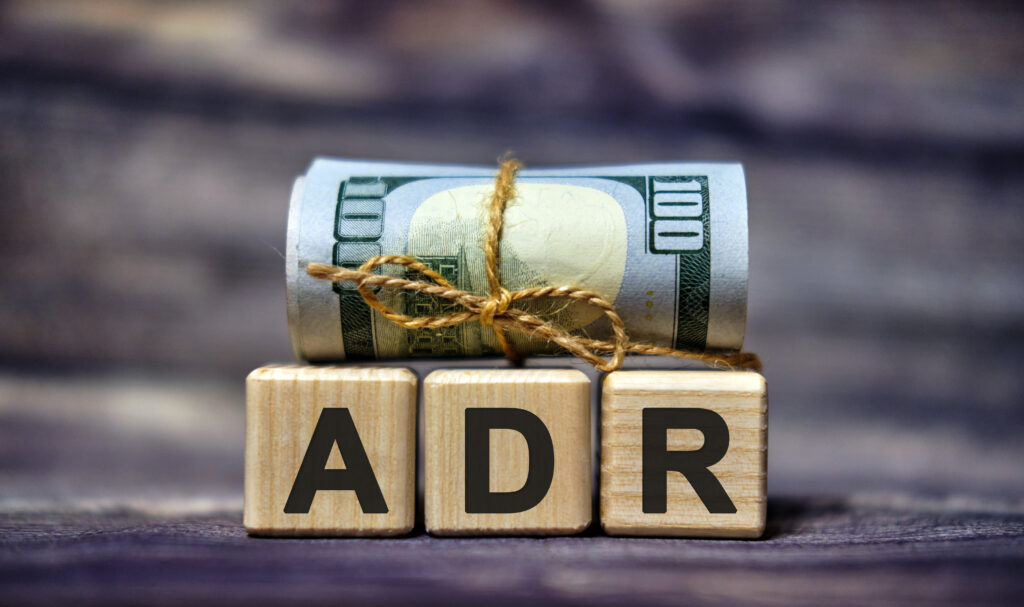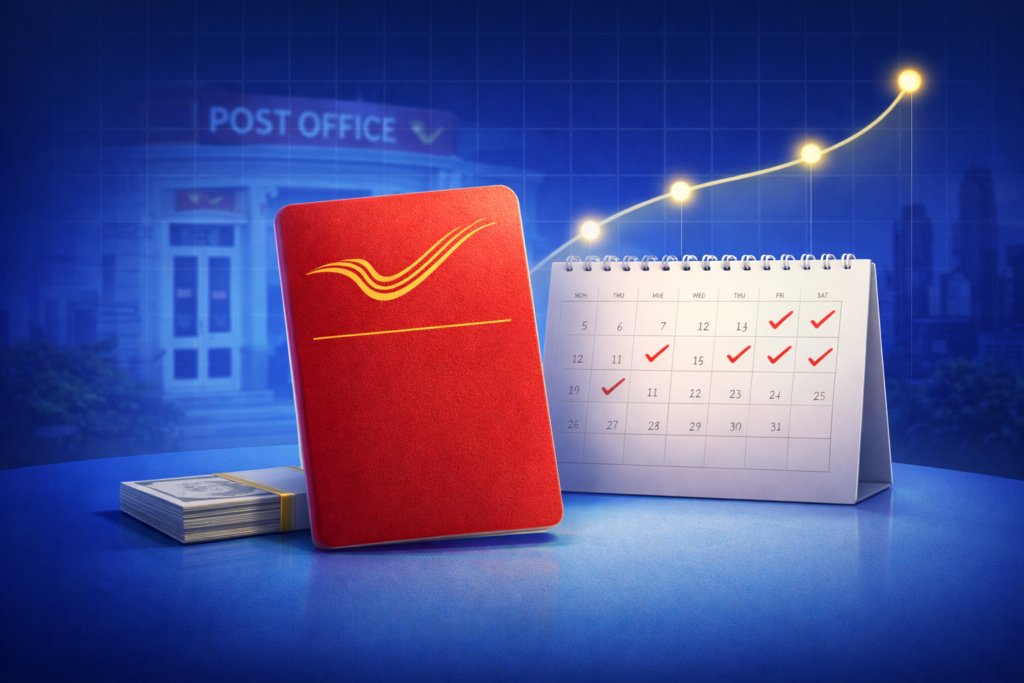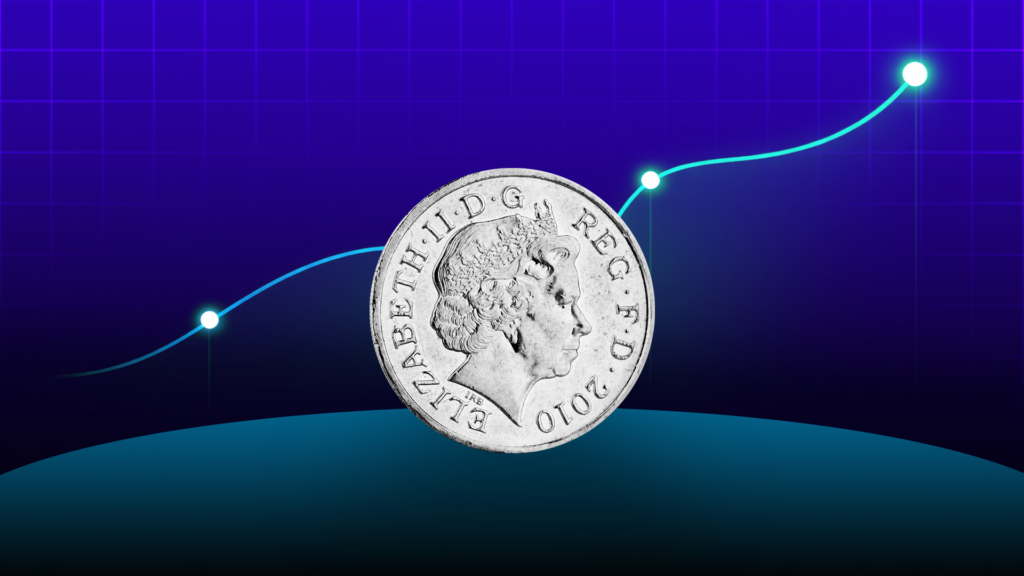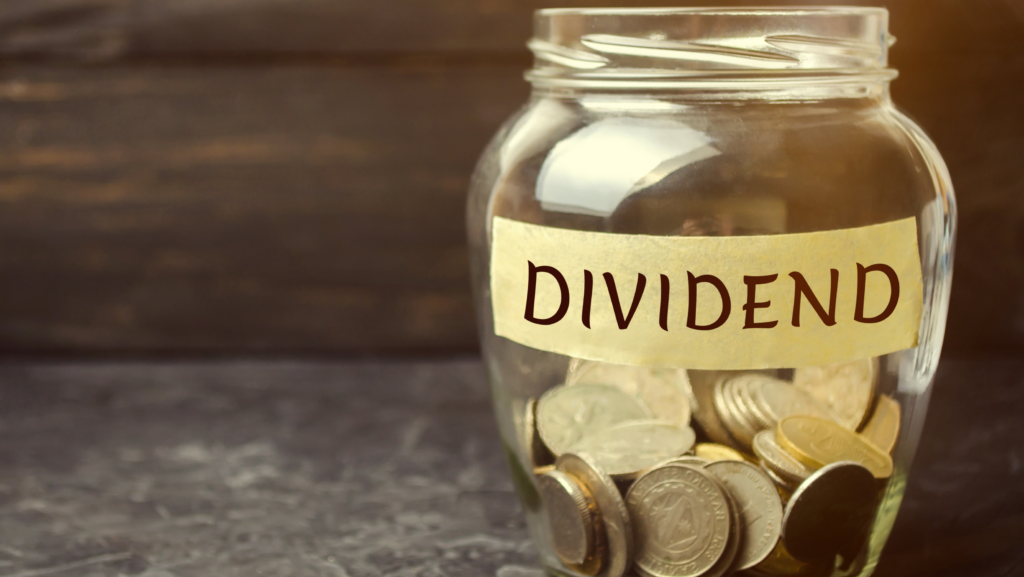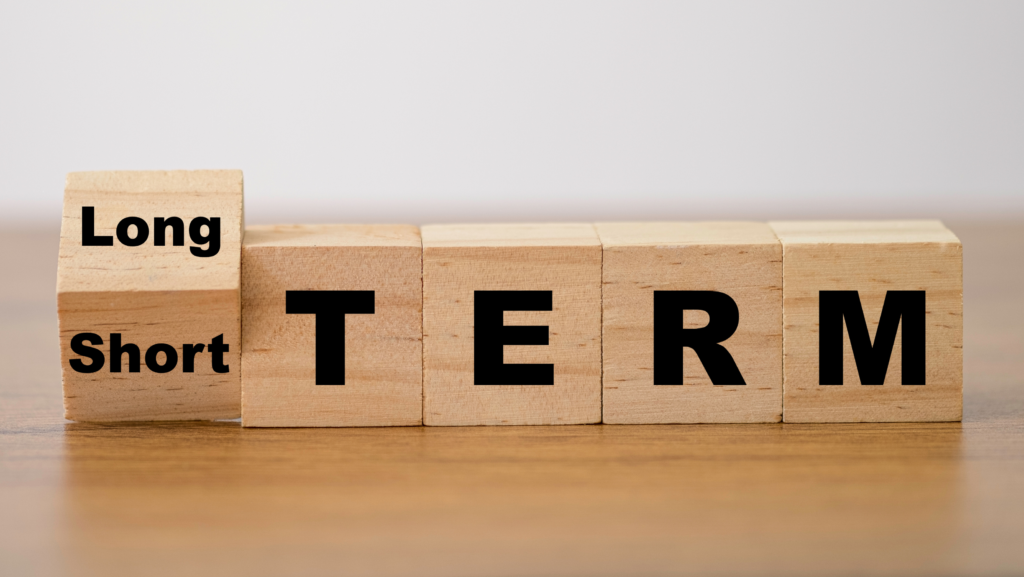Indian companies have their shares listed on Indian stock exchanges such as NSE and BSE. Through these domestic stock exchanges, Indian residents can buy and sell shares of Indian companies. But what happens when investors from other countries want to invest in the stock of Indian companies? Or when Indian companies want to raise foreign capital and build their presence in the global stock market? That’s when something called a Global Depositary Receipt (GDR) comes into play.
When the shares of a company are traded on more than one global market, then a certificate is issued by a bank known as GDR. If we narrow this down and only talk about the U.S. market, then that certificate is called an American Depositary Receipt (ADR).
How ADRs work
When an Indian company wants to trade its shares in the U.S. stock market, it can provide its shares to a U.S. financial institution such as a bank. This financial institution then issues a certificate representing the Indian company’s shares as foreign stock.
The ADR is then traded on stock exchanges in the U.S. just as any regular American stock does. Everything is priced in U.S. dollars, including the dividends, so that it is convenient for American investors. They don’t have to bother about the forex market or trading in foreign currency.
Types of ADRs
ADRs have two major categories, sponsored and unsponsored.
- Sponsored ADRs
Sponsored ADRs are issued by a U.S. bank through a legal agreement between the bank and the foreign company. The bank is in charge of the sale and distribution of these shares in the U.S. while the company handles the costs involved in issuing the ADR. It also maintains control over the ADR. Sponsored ADRs can be listed on U.S. stock exchanges as they comply with the regulations of the Securities and Exchange Commission (SEC).
- Unsponsored ADRs
When it comes to unsponsored ADRs, the foreign company whose shares are being traded has no involvement or participation in the ADR. Here, too, there’s a U.S. bank issuing the ADR. However, the second party involved is a broker or dealer. Unsponsored ADRs do not require to be registered with the SEC and are traded in over-the-counter markets only. In the case of unsponsored ADRs, there can be several ADRs of the same foreign company, issued by different banks, each with a different dividend.
Who benefits from ADRs?
Primarily, two parties majorly benefit from ADRs:
- American investors
American investors get an opportunity to invest in foreign stock and diversify their investment portfolio. And they get to do this on their domestic stock exchanges such as the Nasdaq and the New York Stock Exchange, just like they buy and sell shares of American companies.
It’s a quick and seamless process for investors. ADR stocks are not only traded in U.S. dollars but are also treated like U.S. stocks in terms of clearing and settlement systems. The only downside is the possibility of double taxation.
- Foreign companies
Only recently, in 2020, did the Indian government make an announcement notifying that regulations would soon be set in place to allow Indian companies to directly list their equity shares on foreign stock exchanges.
So until now, GDRs and ADRs have been the way through which Indian companies have traded their shares in the European and American markets. Other than raising foreign capital, there are several other benefits that foreign companies get through ADRs. These include international brand recognition, a broader and more diverse investor base, and enhanced valuation.
- You
Portfolio diversification, while crucial, can get tricky when you don’t have easy access to global markets. However, through ADR you have the opportunity to invest in a range of globally successful companies via the U.S. markets.
If you’re only looking at domestic investments, you’re limiting yourself severely since the Indian market makes up only 3% of the global equity market! By investing in companies listed on the U.S. stock exchanges, you’re not only allowing your portfolio exposure to multiple countries but you also have the opportunity to invest in emerging sectors and niche industries that are yet not developed in India.
How to get started
If you’re not sure about where to begin and are feeling slightly overwhelmed by figuring it all out by yourself, don’t worry! We, at Appreciate Wealth, have got your back! Our AI-based technology allows you to invest in the U.S. securities market seamlessly while helping you manage your portfolio with confidence and ease.
Log on to the Appreciate trading app and sign-up to discover how we can work with your investment style to help you invest in the U.S. in order to achieve your financial goals!

